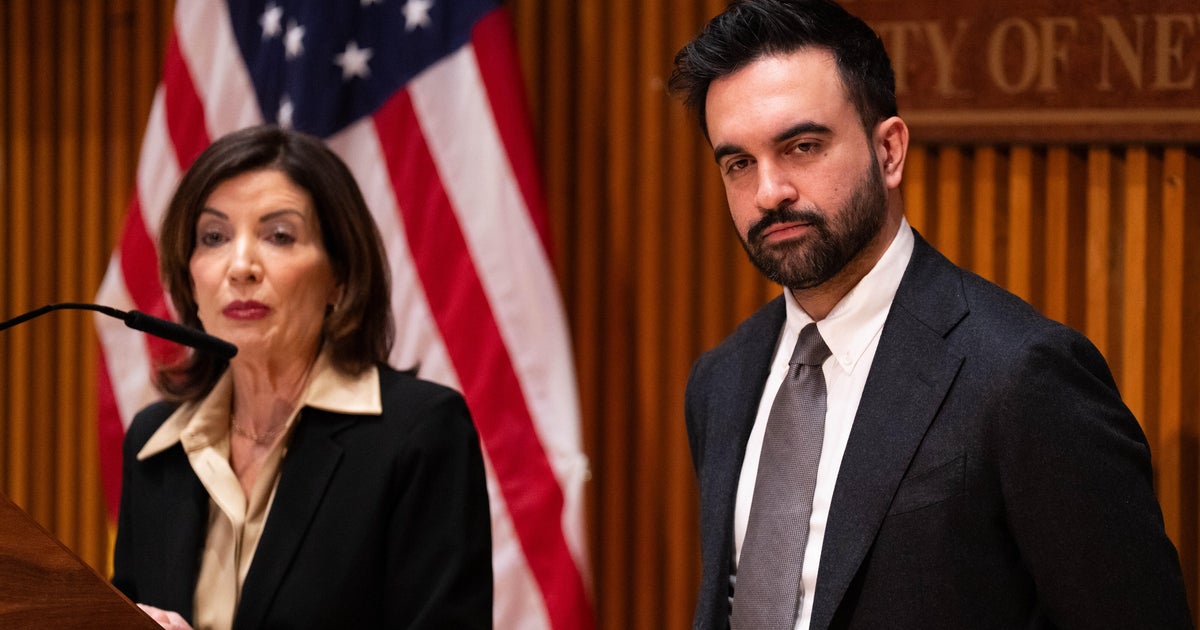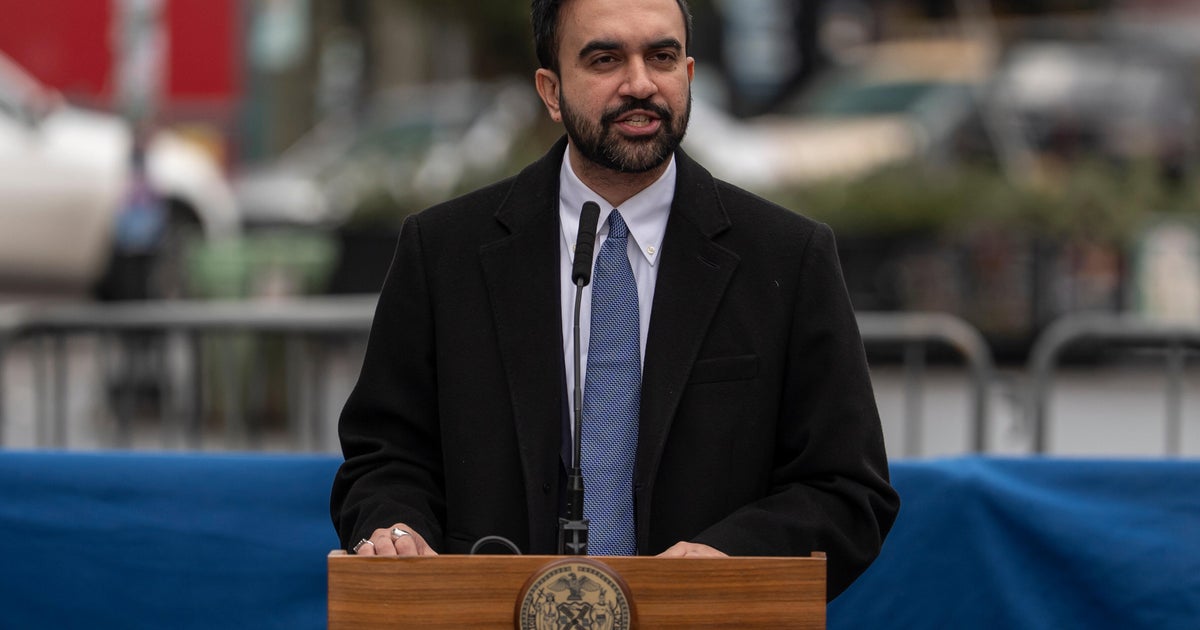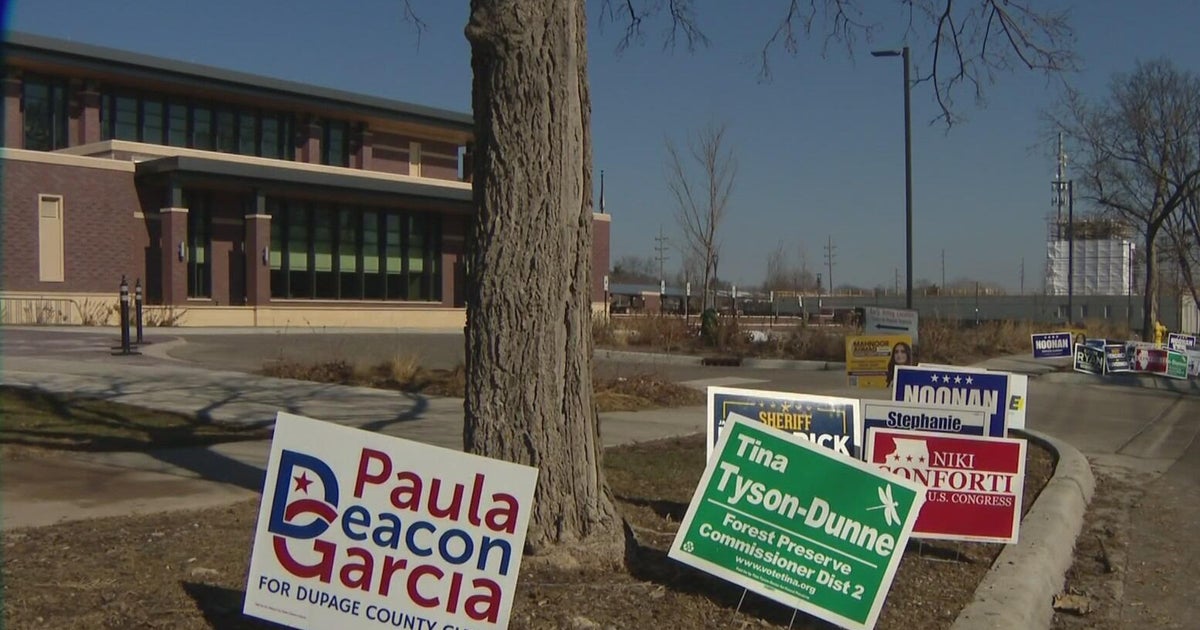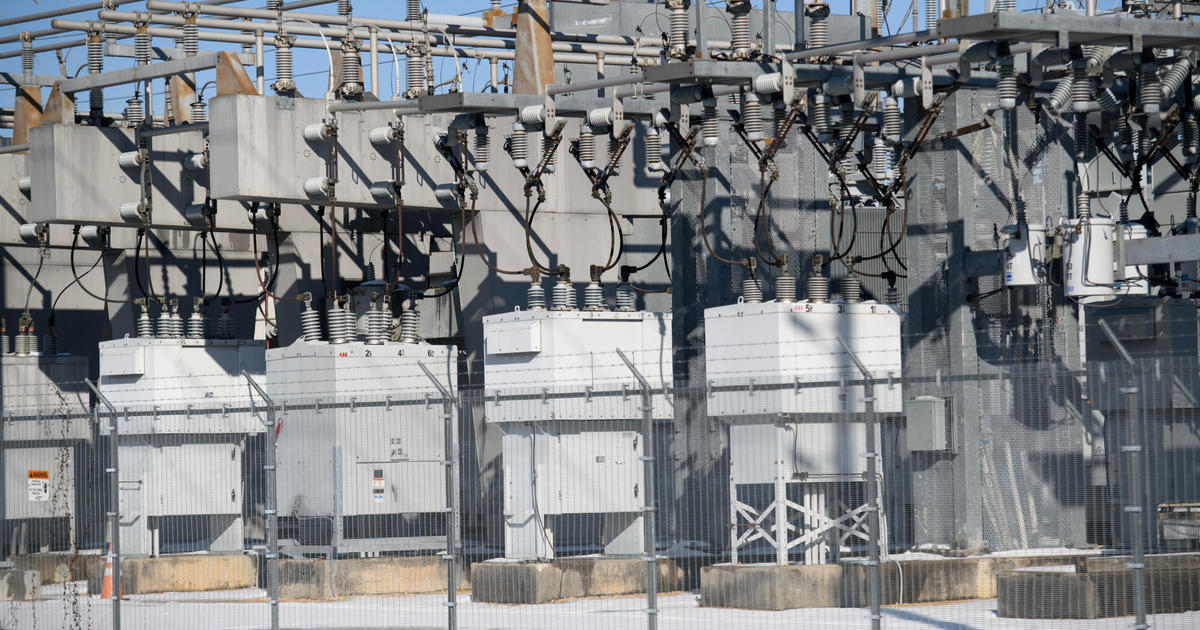NJ Voters To Decide Single Ballot Question
TRENTON, N.J. (AP) -- New Jersey voters will decide this year whether the state Constitution should be amended to bar lawmakers from raiding state workers' benefit funds.
If approved, the question, the only one on this year's ballot, would end the practice of using surpluses in the Unemployment Compensation Fund, the State Disability Benefits Fund and similar funds for other programs or to help balance the state budget.
Businesses and employees pay into the funds through payroll taxes. In the case of the unemployment fund, the tax is automatically raised if the balance drops below a certain level.
From 1992 to 2007, and governors and legislators from both parties diverted about $5.4 billion from benefit funds and used the money for other purposes, mostly charity care reimbursements to hospitals.
Proponents say those repeated withdrawals left many of the benefit funds depleted and in precarious financial shape. They argue that the money paid by workers and companies should be set aside only for their intended purpose.
There has been little public opposition to the proposal, which has the support of stateworker unions and other labor groups, including the New Jersey State AFL-CIO and the State Policemen's Benevolent Association. It's also backed by the New Jersey Chamber of Commerce.
Critics say the measure could limit the legislature's ability to make decisions based on the state's financial needs at any given time and fails to address whether the amounts now collected are sufficient to support the benefit funds into the future.
Proponents say the measure will force lawmakers to make critical financial decisions. They also note that legislators overwhelmingly approved placing the question on the ballot.
"This question impacts every sector of the labor movement, the state AFL-CIO said in a prepared statement. (This proposal) is essential to ensuring that the benefit programs we as workers pay into, such as unemployment insurance, paid family leave, and worker's compensation, are there when we need them.''
(Copyright 2010 The Associated Press. All Rights Reserved. This material may not be published, broadcast, rewritten or redistributed.)







